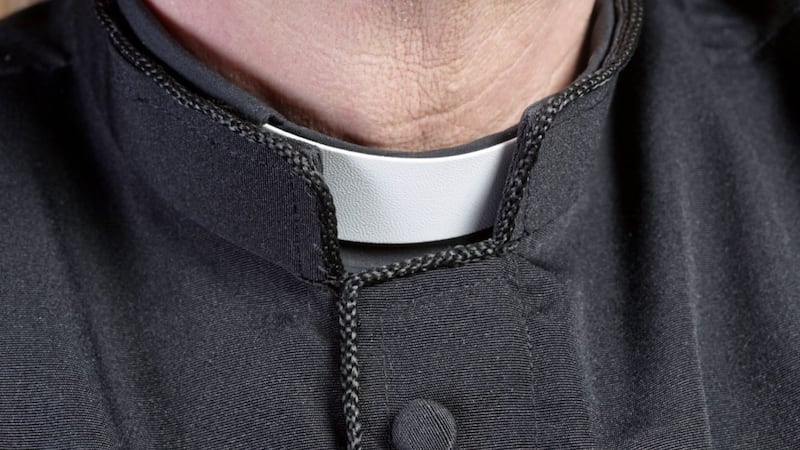What on earth was our proconsul doing meeting men from what are called ‘the four main churches’?
You might ask what was she doing wasting her time meeting them, but then she is wasting everyone’s time so why not waste her own? You could also ask what on earth the men from the churches think they’re doing meeting the proconsul?
You’ll be none the wiser from their vacuous remarks after the meeting. They said they were ‘encouraged’. Well Hallelujah, as they might say.
A little bit of advice for the proconsul, a self-confessed ignoramus on the north, or as Sir Keir Starmer put it, someone who does not even know the basics about the north never mind the complexities.
It’s as simple as this; the churches have nothing to contribute to politics here – nothing. Oh, individual clergy, Protestant and Catholic, might, and have done in the past, but the churches no. That’s an NIO delusion beloved of the English unionist civil servants who run the department. It’s extraordinary that after all these years they still believe the problems in the north are religious based and advised their proconsul to meet those guys.
Twenty-one years ago after the 1997 election NIO officials as usual advised Tony Blair to meet the church leaders even though as Alistair Campbell said, ‘We don’t do god.’ (Note the lower case ‘g’). Blair met them and correctly pronounced them to be ‘useless’. Since then thankfully they’ve not been asked to play any part in the north’s politics, not that they ever did.
The NIO’s delusional belief that churches here had some influence over the natives, you know, like medicine men or shamans in the other colonies, was exposed in a leaked document about Drumcree in the 1990s. In it a senior civil servant suggested they wheel out Robin Eames, archbishop of Armagh, to try to persuade Orangemen not to push their case on Garvaghy Road. The document greatly undermined Eames’s position.
English politicians and officials, clueless about here, impertinent in their arrogance, might imagine churches can influence ‘their flocks’. What’s unforgivable is that churches still think so. Why? In most districts 10-12 per cent of people practise and they tend to be elderly. Why do church leaders imagine anyone will listen to them about politics when they reject their advice on their USP, morality and ethics? As demonstrated conclusively in the last couple of years the vast bulk of Irish people, nominally Catholic, completely rejected church teaching on equal marriage and abortion. Polls show exactly the same would happen here.
At the weekend the Catholic Archbishop of Dublin presided at the last Mass in what was probably the biggest church in Ireland, at Finglas. It seats 3,500. It’s going to be demolished and replaced with a church that seats 350; speaks volumes.
The vast empty swathes of grass in Phoenix Park for the pope’s recent open air mass told a tale. This term five men began in Maynooth. St Malachy’s College seminary wing has closed for lack of interest. And so on and so on.
Repeatedly during the Troubles the NIO appealed publicly and privately for the churches to issue statements condemning violence. Cahal Daly wrote a sermon for the Pope in 1979 appealing to the IRA to stop. All the appeals were ignored because, let’s say it again, the churches have negligible influence on political parties and have been proved to have negligible influence. Nowadays thank goodness when churches issue joint statements no one, religious or not, even notices. Why should they?
In case our proconsul doesn’t know, and of course the evidence is that she doesn’t, the causes of the conflict here are not religious but matters of conflicting allegiance and identity of which religion is the outward and visible sign, just as language performs the same function in Belgium. She should read the Downing Street declaration of December 1993 agreed between her former party leader John Major and Albert Reynolds in which the historic differences are analysed and agreed and the basis for future relationship laid out. Religion isn’t mentioned.
Would anyone dream of inviting the leaders of four Christian denominations to Downing Street and if so, for what?









